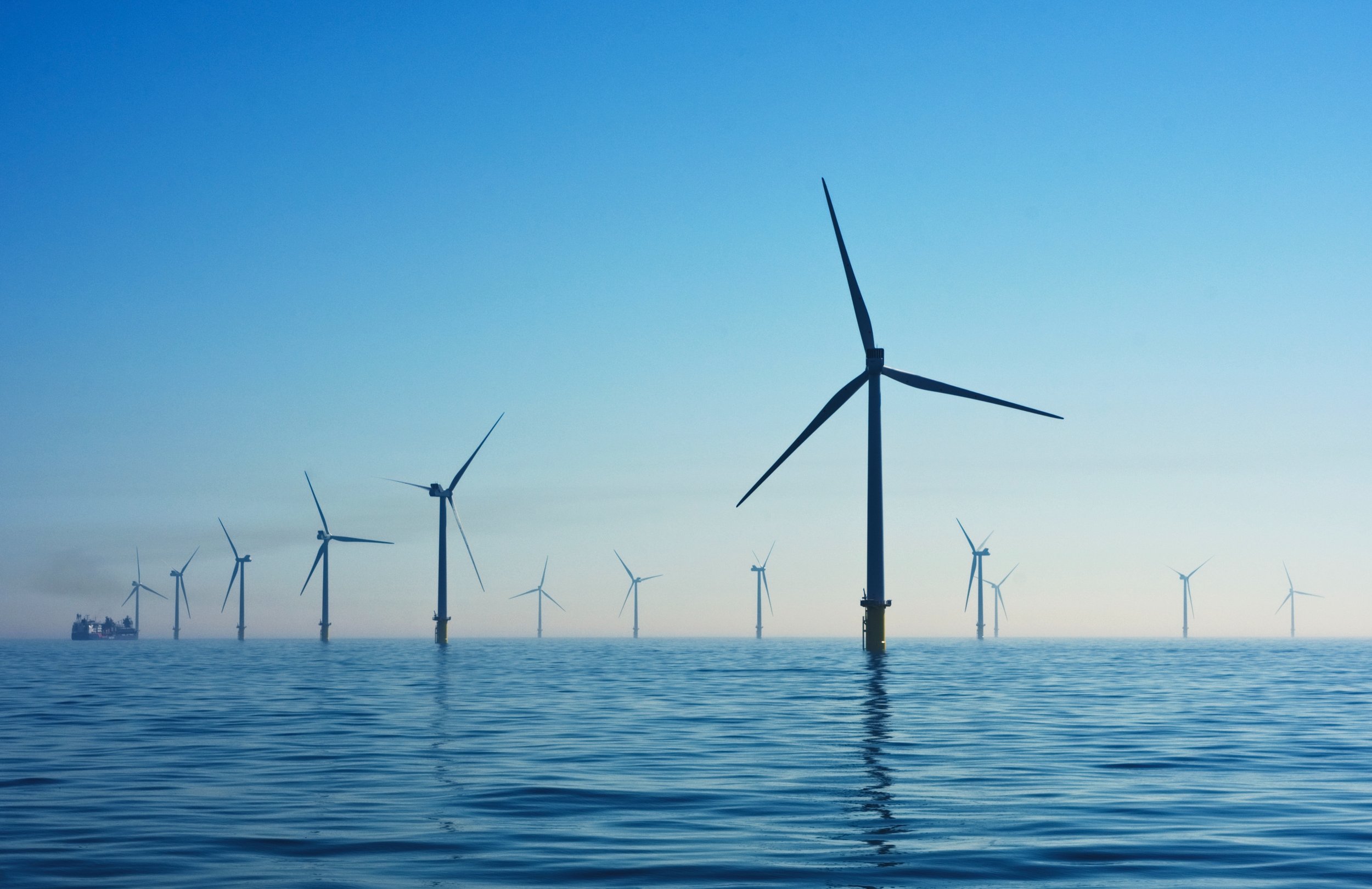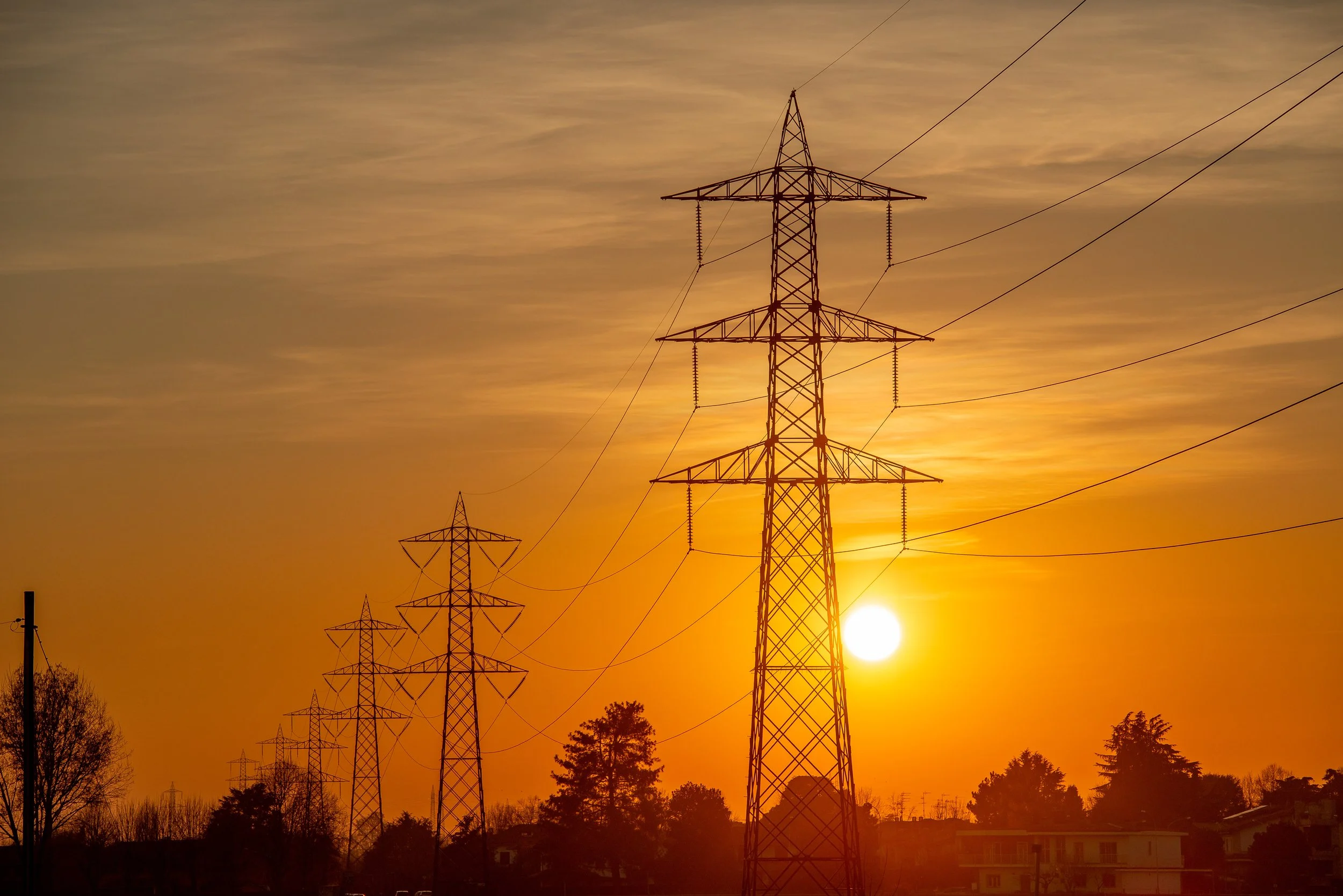Keeping heads above water
Bringing you Complete Strategy’s thoughts on the assurance framework for AMP8 and how water companies can set themselves up for success!
With a massive uptick in investment by water companies over the next 5 years and public impatience to see tangible improvements, Ofwat’s assurance and reporting requirements for AMP8 mark a significant step up in scrutiny which water companies need to be ready for.
In this article we examine the new requirements and what water companies can do to make sure they are ready. Although AMP8 will see substantial assurance programmes, there is a lot the companies can do to prepare for this in terms of planning, governance and information/data management.
No more low-hanging fruit? – When RESPs are up and running, who will make the tough decisions?
As the energy transition progresses, there are progressively more complex decisions to be made regarding the future roles and interplay across different energy vectors. As Ofgem has set out to date, RESPs will serve an important function to bring together a wider range of stakeholders and add democratic legitimacy to a unified vision for energy infrastructure across a defined geographic area. However, there is a significant risk that the credibility of the RESPs work can be undermined if these are not recognised as a unified baseline for decision-making across local authorities, network companies, Ofgem and Government.
Commiserations on your engagement! Challenges for network companies to operationalise RESP participation.
As part of its proposals, Ofgem has put forward a view on Regional Energy Strategic Plans (RESPs) footprints. This will mean different network companies across electricity and gas will interface with a different number of RESPs, one as many as eight, some with as few as two. The number of RESP interfaces a network will have to manage will amplify the operational challenges we think network companies will face across (1) engaging with RESPs they will be part of, (2) taking RESP outputs to inform their network business plans, and (3) developing a coherent view of investment activity across their licensed areas.
Planning for a plan – what constitutes a useful RESP and how is it developed?
In the future, Ofgem expects Regional Energy Strategic Plans (RESPs) to inform the investment plans put forward by energy network companies. While there is currently not much detail on the proposed contents of the RESPs, we believe building on approaches developed for Local Area Energy Plans (LAEP) can be a useful starting point. At the same time, it is critical to consider the ultimate purpose of RESPs (i.e. to inform network company business plans) which means for RESPs to be effective, they need to be reflective of network company’s needs, and ultimately align with expectations Ofgem seeks to impress on those companies when they come to put forward their investment plans across RIIO3 and beyond.
A question of timing. ED3 business plan development and delivery of Regional Energy Strategic Plans (RESPs)
On 8th October, Ofgem is closing the window for stakeholders to respond to its consultation on detailed policy design of the Regional Energy Strategic Plan (RESP) framework. If implemented, these proposals will mean a significant shift in the way we plan the GB’s energy system. For the first time, investment planning at a local level will take place across all current and potential future energy vectors (electricity, gas, hydrogen, heat, etc.), reflecting anticipated local needs in a holistic manner. The ultimate aim is to ensure investment is targeted at right-sizing network infrastructure.
Across a short series of blogs, Complete Strategy will be assessing the potential implications of Ofgem’s proposals, and discuss any (missed?) opportunities we see arriving from the proposals.
Future of Energy Retail
How might the retail electricity market develop to support the Net Zero transition, whilst supporting vulnerable customers and providing opportunities for new types of market participants? Read our thoughts below, produced in conjunction with Nesta and the Energy Systems Catapult.
How can the UK secure its offshore wind future?
With the fifth round of the contracts for difference scheme providing no offshore wind projects, the final blog in our series explores what changes need to be made to get the UK back on top in offshore wind.
With rising international competition and extensive incentive schemes from other governments, more needs to be done to help the UK maximise the benefits from the offshore wind industry.
PR24 business plans and challenges for Ofwat
PR24 will not be business as usual for companies, or for Ofwat. You can read below our thoughts on the key challenges Ofwat will have to manage in reaching its determination.
Will offshore wind deliver on its promise?
The UK’s transition to a greener more sustainable future is underway and offshore wind is set to play a pivotal role in the government’s commitment to achieving net zero emissions by 2050.
Offshore wind power’s reliability puts it in a prime position to be a key player in keeping climate change 'well below 2°C', as was pledged at COP26.
But not everyone is convinced. Some critics label offshore wind as a 'cheap facelift' in the fight against climate change. In our latest post from our offshore wind series, we reflect on the net carbon impact of offshore wind assets and discuss its role in addressing climate change.
Future of energy retail
Complete Strategy is partnering with Nesta and Energy Systems Catapult to explore options for the future of the GB energy retail market.
What has the UK to gain from participation in the North Sea alliance?
The UK has joined forces with the North Seas Energy Cooperation (NSEC) to accelerate the development of renewable energy and grid infrastructure. We review the approaches taken by different countries and comment on Ofgem’s latest consultation on multi-purpose interconnectors and non-standard interconnectors.
What can the UK learn from other auction processes for offshore wind?
Here we look at the offshore wind auction processes in Germany, Denmark and the Netherlands and ask what we can learn from them.









